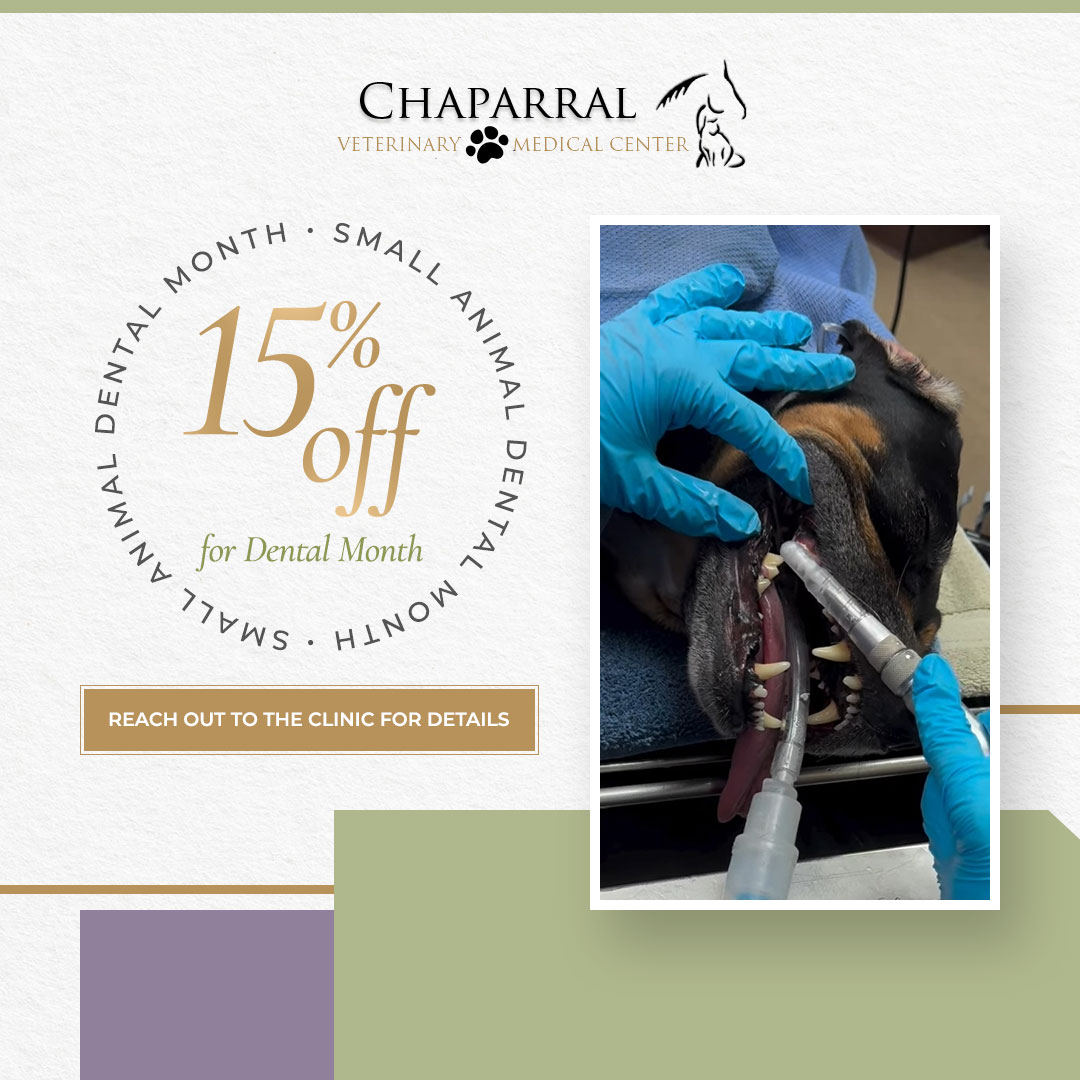Cave Creek, AZ 85331
Top Items That Are Poisonous to Pets

Every year thousands of suspected animal poisoning cases are reported to the Animal Poison Control Center (APCC) of the American Society for the Prevention of Cruelty to Animals. In 2019 alone, the APCC helped more than 232,000 animals. To further raise awareness regarding the common hazards, they’ve compiled this list of top five items poisonous to pets. These include:
Human Medications
The most common toxins that pets ingest are human medications. Whether taken intentionally or accidentally, both prescription and over-the-counter drugs can be dangerous for your animal companion. Keep all medicines like pain relievers, cold and cough remedies, eye drops, and topical products out of your pet’s reach. Vitamins, iron, and herbal supplements also have to be stored away.
Food
Sadly, several foods that are safe for people can be hazardous to your cat or dog. These include apple seeds, apricot pits, and avocados. Candies like chocolates, gums, and those containing an artificial sweetener known as Xylitol are also unsafe for animals. You should also never feed them with garlic, grapes, macadamia nuts, onions, raisins, and many more. Alcoholic beverages and caffeinated drinks also have to be avoided.
Household Items
Many items that you keep away from your children can cause the same harm to your four-legged best friend. These include paint, adhesives, air fresheners, batteries, antifreeze, fabric softener sheets, and cleaning products like bleach and laundry detergents.
Plants
Sprucing up your home with a few potted plants is always a great idea. But not all plants are safe to have near your pets. As much as possible, avoid chrysanthemum, tomato plants, lilies, chives, hydrangea, and devil’s ivy. These toxic plants and many others may cause adverse reactions, ranging from nausea to death. Some animals may be especially vulnerable to certain plants. For example, any part of a lily plant can poison a cat once ingested.
Rodenticides, Insecticides, and Garden Products
Depending on the kind of mouse or rat baits you have, exposure to these chemicals can be life-threatening to your pet. It can cause bleeding, kidney failure, seizure, and even death. Insecticides may help get rid of insects. But if you don’t take proper care, your pet may come into contact with these substances. Insecticides used in your home and garden can be toxic for your cat or dog once they ingest or inhale them. Garden products like soil enhancements, herbicides, and pesticides should also never become accessible.
Tips for Pet-Proofing Your Home
While it’s true that accidents can happen at any time, that shouldn’t stop you from taking preventive steps to keep your furry friend safe. Start by going through every room in your house. In the kitchen, ensure that garbage cans have lids and that you keep any chemicals away when not in use. In the bathroom, keep the sinks clean and toilet bowls closed. All medicines should be stored safely in the drawer. In the laundry room, ensure that the laundry cleaners and other chemicals are kept in the cabinet. Also, don’t forget to examine the garage and backyard for any potentially toxic items.
If your pet has been exposed to toxic items, contact Chaparral Veterinary Medical Center in Cave Creek, AZ at (480) 595-8600 for more information.













